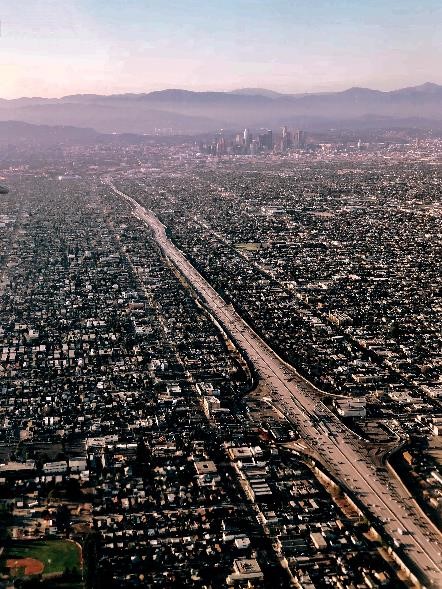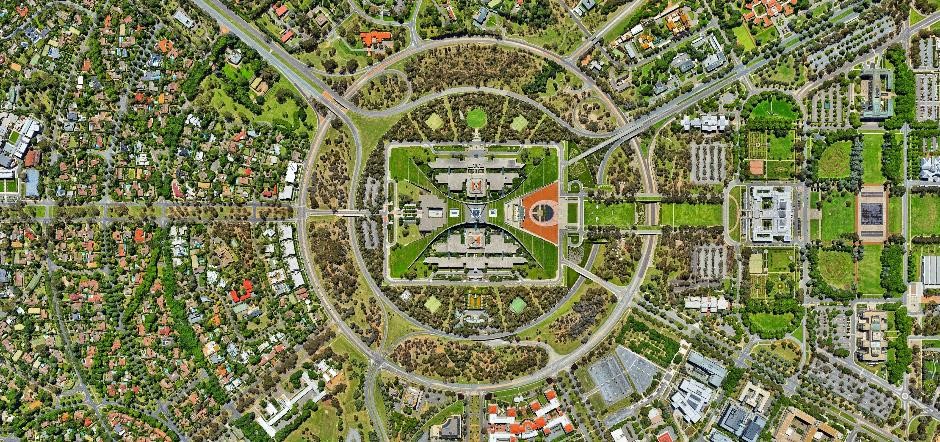Professor Timothy J. Dixon (Emeritus Professor, University of Reading, and Research Associate, Global Centre on Healthcare and Urbanisation, University of Oxford)
Email: [email protected]
We live in a rapidly urbanising world, and yet we still struggle to fully understand the complex and systemic nature of cities. Recent work by scholars at Oxford and other universities have attempted to shed light on what is meant by ‘sustainable urban development’, and how important it is to create a new and energised narrative to tackle the ‘wicked’ urban challenges we face today, especially in the context of a rapidly warming world with more extreme weather events which can strongly impact the lives and health of people.
However, to do this also requires us to think not only about cities as ‘systems’ with inbuilt complexity, but also to develop co-produced and co-created urban futures so we can create development that does meet the requirements of current and future generations of city dwellers. In a recent paper I argue that we are seeing a closer focus on long-term ‘sustainable urban futures’ research, as both academics and national and international interest groups frame their discourses, policy and practice guidance, and current research agendas, not only on the best and most effective ways of transitioning to a sustainable future, but also recognising the inherent complexity in existing ‘urban systems’.
In this context, recent literature has highlighted the importance of two interconnected research themes in the wider context of built environment research: (i) sustainable urban systems (SUS) (or the way in which complex systems thinking about cities can help create more sustainable outcomes); and (ii) sustainable urban futures (SUF) (or the way in which futures (or foresight-based) thinking and city visioning can aid our understanding of achieving a sustainable, long-term future). These themes have also been at the heart of an increasing number of funded research projects at national and international level. They also lie increasingly at the core of what is referred to as a new ‘urban science’, which transcends monodisciplinary reductionism, and brings together stakeholders to tackle and examine real world problems and the processes that shape them, in a way which is founded on transdisciplinary research and convergent thinking.
As the paper argues, only by bringing disciplines and diverse expertise together can we begin to understand cities, how they are evolving and developing, and what they need to look and feel like as places that are healthy and sustainable for people now, and in the future.


